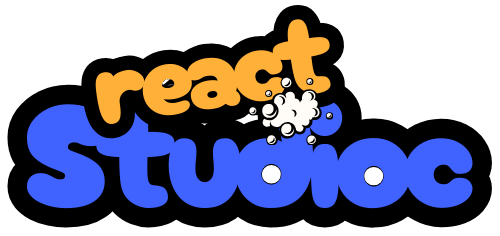Are you always doing your exercise and lifting weights, but not seeing the desired results? It could be the fault of the workout you’re doing. Muscle building isn’t limited to the gym alone. It’s a full process that includes eating, training, as well as rest and regularity.
If you fail to take care of any one aspect, it may alter your workouts. A lot of people underestimate the power of recovery nutrition. Supplements such as Whey Protein can play an essential role in helping muscles recover and get stronger after hard training. Your progress will slow if your body isn’t receiving enough energy at the right time. If you’re unable to figure out the reason behind your improvement, this blog will be an ideal read.
Causes of Your Slow Muscle Gain
If you are looking to boost the growth and recovery of your muscles, pay attention to these factors:
You Don’t Eat Enough
To build muscles, your body requires an increase in calories. This means you consume the same amount of calories as you consume. However, it’s not only about eating more food; you need quality nutrition, specifically proteins, as well as complex carbs.
If you are eating clean and do not gain weight, then it’s likely that you don’t eat enough. This is particularly applicable to people who have fast metabolisms or low appetites. In these instances, it is possible to use a weight-loss supplement may be beneficial for you. It is a high-calorie mix of protein, carbs, and fats. It is perfect for people who struggle to eat big meals or are constantly traveling.
Workout Repetition

There are a few workouts that result in the same effect. Repeating endless reps without increasing the weight won’t trigger the growth of new muscles. In the same way, focusing solely on circuits that are high-rep or cardio could be beneficial to lose fat, but they aren’t ideal for building size and strength.
For maximum growth, focus on gradual overload – gradually lifting heavier weights with time. Include compound exercises like deadlifts, squats, rows, and bench presses in your workout routine, as they are a great way to work multiple muscle groups and ensure efficient growth.
Recovery Isn’t a Priority
Muscles don’t develop when you exercise. They grow as you recover. If you are sleeping just four hours each night, do too much training, or don’t take breaks, the body does not have time to heal muscles. Try to get at least 7 to 9 hours of rest per night and schedule time off into your daily routine.
Yes, post-workout nutrition is also important. Consuming a rapid-digesting source of protein within 30-60 minutes of training will significantly boost the recovery process and aid in the synthesis of muscle.
You Don’t Track Progress
If you don’t keep track of it and track, you won’t be able to make improvements. Most people believe that they’re eating enough or lifting more every week; however, without a tracker, it’s an assumption. It’s possible to use an app or a simple journal to track your workouts, meals as well as sleep, and your mood. As time passes, these patterns can aid you in determining which aspects are working and which ones aren’t.
Summing Up
If you’re not seeing improvements even after working more intensely, you should work smarter. Consume more nutritious foods, optimize the recovery process, organize your training properly, and stick to it. The right strategic supplementation using products such as gainers, protein, or creatine may help achieve your goals if used properly.
When you adjust to the changes right and follow your routine every day, your muscle development grows eventually.





